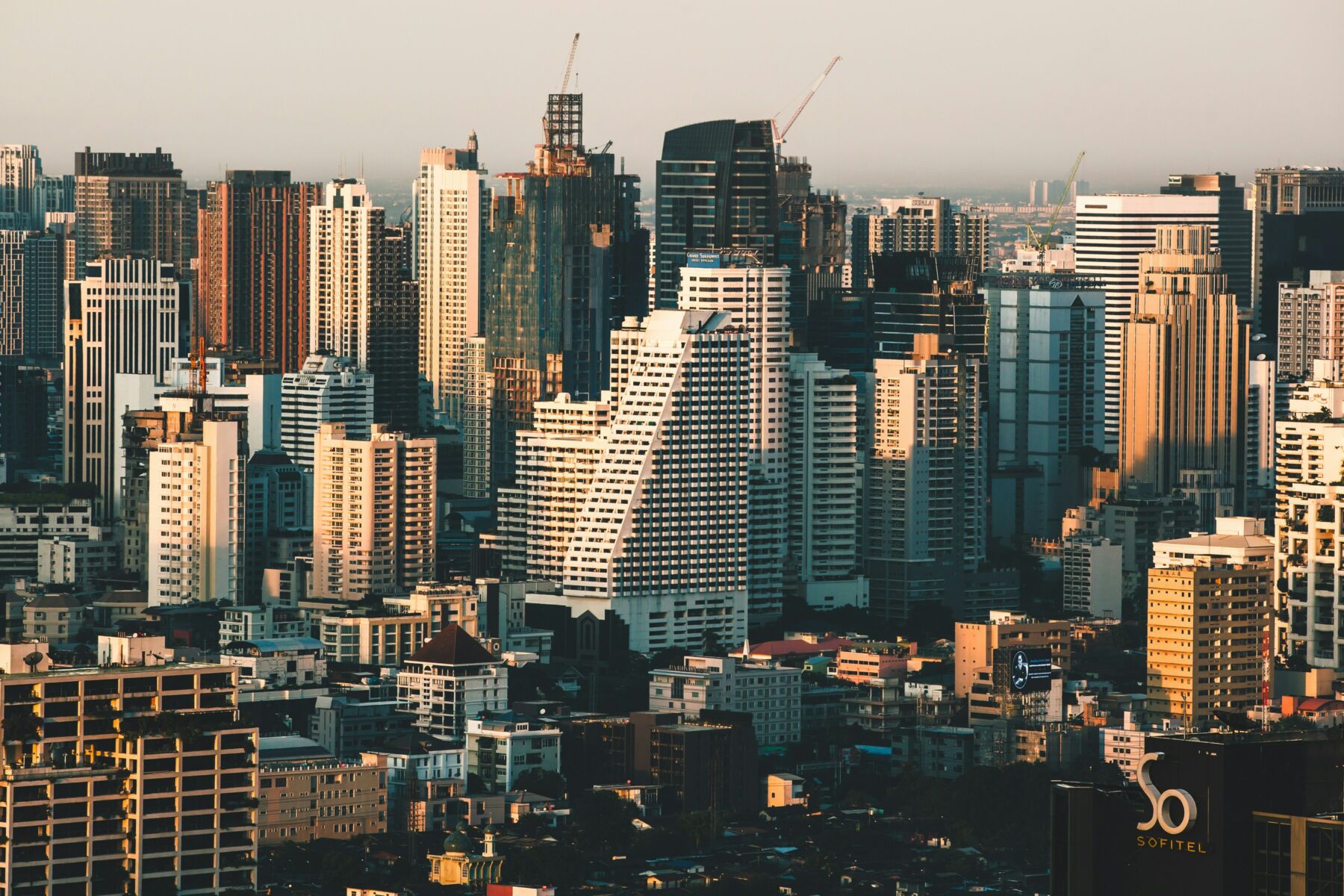Thailand reviews property tax law after five years

The Finance Ministry is currently reviewing the Land and Building Tax Act, which has been in effect for five years, marking a crucial phase in reforming Thailand’s property tax regime. Public hearings have been conducted to gather opinions from the public and stakeholders.
Finance Permanent Secretary Lavaron Sangsnit says the amended version of the land and building tax law will represent a major reform of the country’s property tax laws.
The law, effective since March 13, 2019, with tax collection beginning on January 1, 2020, requires a review every five years to ensure its provisions are suitable, fair, and in line with contemporary life and technological advancements. This is according to the 2015 Royal Decree on Law Appropriateness Reviews.
The land and building tax replaced the previous house and land tax and local maintenance tax, which faced criticism for issues like excessive discretionary power for tax assessors, multiple tax rates, and lack of fairness. The new tax aims to address these shortcomings.
Several issues have emerged since the tax’s implementation. One major concern involves wealthy landowners in urban areas who do not utilise their land appropriately. Unused land carries the highest tax rates, described in the law as “vacant land not used appropriately,” taxed initially at 0.3%.
For example, land valued at 1 million baht incurs a tax of 3,000 baht. In contrast, agricultural land is taxed at an initial rate of 0.01%, meaning land valued at 1 million baht incurs a tax of only 100 baht. This discrepancy has led many urban landowners to plant crops on their plots to avoid higher tax rates.
Previous recommendations
The Bangkok Metropolitan Administration (BMA) previously proposed a revision to the Finance Ministry, suggesting areas where vacant land is repurposed for agriculture should be classified as “simulated agriculture” and taxed at higher rates. The BMA estimated it has lost 800 million baht in property tax revenue annually because of simulated agriculture.
Private real estate firms have also suggested revisions. They proposed that public service areas in housing projects, such as roads and clubhouses, be taxed at the same rate as residential land.
They also recommended unsold houses and condos, currently taxed at commercial rates, be taxed at residential rates since they are not being used for commercial purposes.
Bangkok Governor Chadchart Sittipunt highlighted that in certain districts, such as Phaya Thai, the implementation of the new tax resulted in a decrease in tax revenue, falling from 300 million baht under the previous laws to 200 million.
He pointed out that a department store in Phaya Thai district, which previously paid 10.7 million baht annually, now pays only 1.08 million baht under the new tax.
Lavaron argued that the land and building tax is fair because it applies a single rate to all land and buildings based on their values. He estimated the revenue from the tax could reach 43 billion baht this year, up 8 billion from the previous year.
Property tax
The initial enforcement of the tax coincided with the pandemic’s first year, severely impacting the Thai economy. To alleviate the burden, the government cut the property tax by 90% for individual taxpayers until 2021, with full collection starting in 2022. In 2023, the property tax burden was reduced by 15%.
In the first year of tax collection, there were only seven million taxpayers. By 2022, the number rose to 16 million. Property tax revenue belongs to local governments, responsible for surveying land use because different types of land use are taxed at different rates.
The BMA has completed 99.4% of land use assessments, covering 2.1 million plots of land, 2.2 million houses, and one million condo units.
The Finance Ministry is unlikely to increase the tax rates. However, local governments can raise the rates as they see fit, provided they do not fall below the minimum rate set by the Land and Building Committee.
Lavaron emphasised that the tax law is modern because it allows local governments to adjust rates as appropriate.
The ministry already sought public opinions on the law, with the feedback period ending earlier this month, receiving more than 500 responses. The review of the law is expected to be concluded by the end of this year, reported Bangkok Post.
Latest Thailand News
Follow The Thaiger on Google News:


























